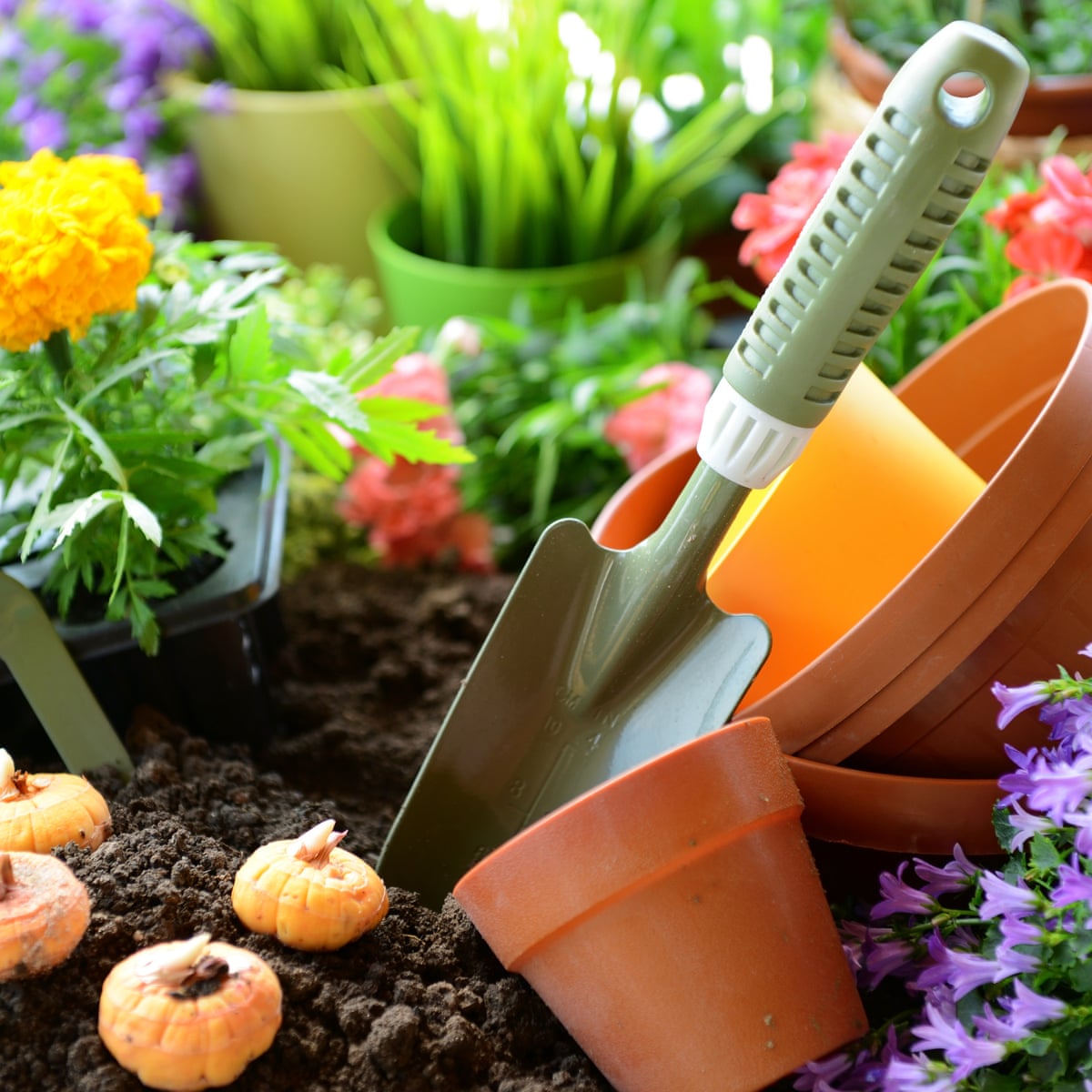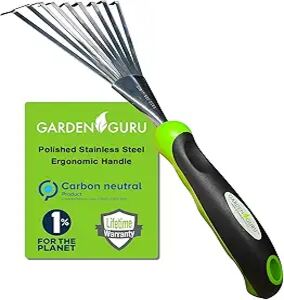The Ultimate Gardening Guide for Beginners: Everything You Need to Know
The Ultimate Gardening Guide for Beginners: Everything You Need to Know
Blog Article
Comprehending the Different Sorts Of Gardening and How They Add to a Much Healthier Lifestyle and Atmosphere

Benefits of Veggie Gardening
Lots of individuals are increasingly recognizing the myriad advantages of veggie horticulture as a vital element of a much healthier lifestyle. Participating in vegetable horticulture uses countless physical wellness advantages, including boosted exercise, which boosts cardio health and promotes general health and fitness. The act of planting, weeding, and harvesting needs motion and can help combat less active habits, adding to weight monitoring and improved muscle tone.
Furthermore, growing one's very own veggies dramatically boosts nutritional high quality. Organic produce is typically fresher and much more nutrient-dense compared to store-bought choices, as it can be eaten soon after harvest. This availability motivates a better consumption of vegetables and fruits, which are crucial for stopping persistent illness.
In addition, vegetable horticulture promotes psychological well-being by providing a restorative electrical outlet for stress and anxiety alleviation and leisure. The act of often tending to plants can be meditative, permitting people to connect with nature and run away the stress of life. Additionally, the lasting practice of growing one's very own food lowers dependence on commercial agriculture, adding to environmental preservation and promoting biodiversity. Jointly, these benefits underscore the significance of veggie gardening as a keystone of a healthier way of life.
Discovering Flower Gardening

In enhancement to visual benefits, flower horticulture sustains local ecological communities. Numerous flowering plants bring in pollinators, such as bees and butterflies, which are critical for maintaining biodiversity. The existence of varied vegetation can additionally enhance dirt health, as various plants contribute to vitamins and mineral biking and boost soil structure.
Additionally, blossoms can play a significant role in promoting sustainable practices. Numerous garden enthusiasts opt for native or drought-resistant species, which require less water and minimal chemical inputs. This method not only profits the environment but also encourages responsible gardening habits.
Eventually, flower gardening acts as an important component of an alternative gardening method. Gardening. By cultivating charm and supporting local communities, it harmonizes with vegetable horticulture and underscores the importance of supporting both our physical and psychological wellness with nature
Container Gardening Benefits
Container gardening offers numerous benefits that make it an enticing choice for both newbie and skilled gardeners. Among the key advantages is its convenience; containers can be positioned on patios, balconies, or perhaps inside your home, allowing for gardening precede with restricted ground accessibility. This adaptability makes it possible for individuals in urban settings or those with little yards to cultivate plants effectively.
Furthermore, container gardening gives improved control over soil top quality and wetness levels. Garden enthusiasts can choose specific soil blends to enhance plant health and reduce issues like weeds and parasites. The wheelchair of containers also permits for easy moving to make the most of sunshine exposure or shield plants from harsh climate.
Additionally, container yards can be aesthetically pleasing, supplying a chance for creative thinking in design. Gardening. They can work as decorative aspects that boost outdoor or interior spaces while promoting biodiversity by bring in pollinators
Lastly, container gardening can add to a much healthier way of living by motivating exercise, as it typically entails lifting, planting, and preserving plants. On the whole, the advantages of container horticulture make it an available and satisfying technique for those seeking to improve their way of life and atmosphere.
The Surge of Vertical Gardening
As metropolitan areas come to be significantly crowded, the trend of vertical horticulture has actually taken off, enabling individuals to maximize their horticulture potential in minimal locations. This cutting-edge technique entails growing plants in upright structures, such as wall-mounted planters, trellises, or specialized vertical yard systems. The charm of upright horticulture exists not only in its effective usage of room yet additionally in its advice aesthetic contribution to urban settings, transforming bare wall surfaces into lavish green landscapes.
Vertical yards can be mounted in homes, balconies, and area spaces, supplying a platform for expanding a variety of plants, consisting of herbs, veggies, and ornamental flowers. This method motivates biodiversity and can boost air top quality by filtering system pollutants while promoting a link to nature in densely populated locations. Furthermore, vertical gardening provides sensible benefits, such as improved return per square foot, making it an appealing choice for city gardeners looking for to expand their very own food.

Lasting Practices in Horticulture
Accepting lasting practices in horticulture is important for promoting ecological health and making sure the stability of our natural resources. Sustainable horticulture strategies concentrate on minimizing environmental influence, saving water, and fostering biodiversity. By implementing methods such as organic horticulture, gardeners can minimize making use of synthetic fertilizers and pesticides, which can damage neighborhood ecological communities.
Companion planting is another effective lasting technique, where particular plants are expanded together to enhance growth and deter pests normally. In addition, making use of indigenous plants in landscaping supports regional wild animals and requires this contact form less upkeep, as they are inherently adjusted to the neighborhood climate and dirt conditions.
Water preservation strategies, such as rain harvesting and drip watering, help to effectively handle water resources, thus decreasing waste. Moreover, composting organic waste not just enriches the dirt yet additionally minimizes land fill payments, advertising a circular economy.
Last but not least, exercising plant rotation and cover cropping improves dirt health and wellness and decreases the danger of bug invasions. By integrating these lasting practices, garden enthusiasts can create durable ecosystems that contribute to a healthier way of life while safeguarding the environment for future generations.
Conclusion

To conclude, the diverse approaches of gardening, consisting of veggie, flower, container, and upright horticulture, collectively promote a healthier way of living and improve environmental sustainability. Each type offers unique advantages, from giving fresh produce and bring in pollinators to maximizing minimal spaces and encouraging biodiversity. By see post cultivating lasting practices, these horticulture approaches not only add to specific health but additionally sustain more comprehensive ecological preservation initiatives, inevitably lowering dependence on business agriculture and improving neighborhood resilience.
Report this page